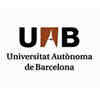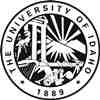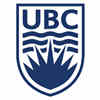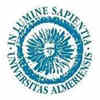美国霍华德休斯医学研究所植物微生物组研究博士后职位
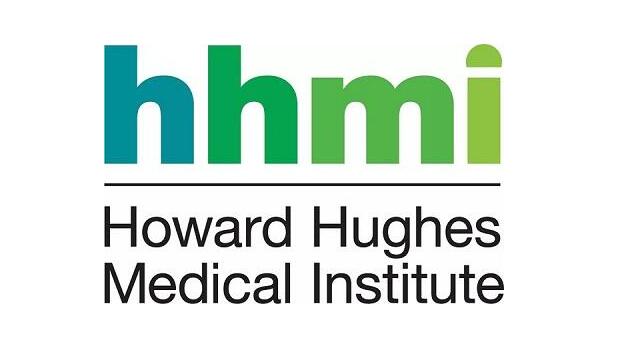
美国霍华德休斯医学研究所植物微生物组研究博士后职位
Howard Hughes Medical Institute (HHMI)
Postdoctoral Associate, Plant Microbiome Research - Dangl Lab
Are you fascinated with how microbial communities assemble and function? Do the mechanisms of how successful commensal microorganisms manage the host innate immune system keep you awake at night? Are you keen to work with a diverse, international group of dedicated scientists on projects that can alter how we deploy the plant-associated microbiome in crops?
The Dangl Lab is looking to recruit several new post-docs to their Plant Microbiome research team in 2022. Successful candidates will have expertise and success in one of the relevant areas noted below, as demonstrated by first author papers in highly ranked international journals. HHMI pays competitive salaries and provides very generous benefits. These positions are for at least three years as one-year renewable appointments. The Dangl Lab is committed to fostering a culture of diversity, equity, and inclusion. As such, we highly encourage applications from people of all backgrounds.
Skills required: This project requires expertise with one or more of the following: large scale genomics and HT DNA sequencing technologies, plant genetics, plant immune system biology, microbial ecology and evolution, comparative genomics, statistical genetics and familiarity with R, microbial community metabolic function; microbial and/or plant natural products, plant or microbial population genetics; root biology, and an appreciation for organizational skills that define success in this arena.
Please be sure to include: CV, brief letter of introduction stating why you are interested in joining the lab, and the names and contact information of three references with your application to be considered for the position.
Plant associated microbiomes. Essentially all land plants grow in intimate association with complex microbial communities both above ground (phyllosphere) and below ground in the area immediately surrounding roots (rhizosphere) and inside the roots (endophytes). The relationships between a microbiota (the community of microbes intimately associated with a plant) and the host can vary from pathogenic to mutualistic or commensal. Rules governing the assembly of the root and phyllosphere microbiota have not been uncovered, but demonstrably exist and must operate in the face of the plant immune system. The endophyte and phyllosphere metagenomes (the set of genes encoded by any particular microbiota) can provide the host plant with one or more critical nutrients, protection from plant pathogens, production of functional plant hormones, and tolerance to abiotic stress..
Our project involves computational collaboration with and co-mentoring by Corbin Jones at UNC and various other groups. The lab works across natural and reduced systems to discover and dissect the causes and consequences of variation in plant microbiomes. We use next gen DNA sequencing to define root- associated microbiomes and to sequence metagenomes; we use plant genetics to define the host loci that control assembly of specific microbial consortia, with a focus on how the beneficial members of the microbiome and plant immune system reach a functional detente; we use microbial genomics and genetics to discover the biochemical potential associated with various plant genotypes in diverse soils; and we reconstruct increasingly complex synthetic communities of fully sequenced bacteria to uncover rules governing microbiome assembly. Emerging research themes in the lab include investigating the transition from commensal to pathogenic lifestyle, understanding how to derive strains that successfully invade and persist into existing communities and understanding how abiotic and biotic stress alters microbiome assembly and function, with an emphasis on drought.
Lab publications:
http://labs.bio.unc.edu/dangl/pub/index.htm https://scholar.google.com/citations?user=IeBc5OsAAAAJ&hl=en
Mentoring and career development: We provide active mentoring and use career development plans to enhance post-doc training. Opportunities for teaching exist. Mentoring of undergraduate researchers is encouraged. Recent former post-docs are now faculty at Universities and senior research leaders at Biotech companies around the world (list available on request).







